TP ICAP Aims to Expand Digital Asset Business
TP ICAP Aims to Expand Digital Asset Business
TP ICAP, the inter-dealer broker and market infrastructure provider, is building out its digital asset business in the US and Asia this year, and also planning to extend the operating hours of Fusion Digital Assets, its regulated spot crypto exchange.
Simon Forster, global co-head of digital assets at TP ICAP, told Markets Media that 2024 was a “watershed” year for the digital assets industry as the sheer volume of bitcoin ETF inflows showed the pent-up demand. In addition, BlackRock has since expanded its model portfolio by adding an allocation to their Bitcoin ETF, which shows how seriously the asset class, and in particular bitcoin, has been embraced.
The US Securities and Exchange Commission approved spot bitcoin ETFs early in 2024, and the 12 ETFs took in nearly $36bn in aggregate flows according to data from Nate Geraci, president of ETF Store, with BlackRock’s ETF attracting more than $20bn. In the US four of the top five ETFs by inflows were spot bitcoin funds in 2024.
As a result, Forster said a lot of multi-strategy hedge funds are using the bitcoin ETFs for basis trading and the evolution of an intermediated market is something that the business is watching closely.
“Our broking business has been successful by working collaboratively with other more established TP ICAP desks across equities so we are beginning to act as a bridge between traditional finance and crypto,” added Forster.
TP ICAP launched the crypto brokerage business, which focuses on derivatives on regulated exchanges and ETFs, five years ago. Fusion Digital Assets, a spot crypto exchange regulated by the UK Financial Conduct Authority, went live in 2024.
“We will be building out in both the US and Asia this year as our business continues to mature and in line with client demand,” added Forster.
Custody
In order for digital assets to develop into a wholesale market, Forster argued that prime brokerage and custody are the two biggest pieces of the jigsaw that need to be more comprehensively built out.
Fusion Digital Assets launched with custody provided by Fidelity Digital Assets. In October 2024 TP ICAP said in a statement that clients would have access to Standard Chartered’s digital asset custody. The bank’s custody clients would also have to access TP ICAP’s pricing and liquidity in digital assets such as bitcoin and ethereum on Fusion Digital Assets.
They are working towards connecting Standard Chartered’s digital asset custody platform to Fusion Digital Assets which will expand the universe of clients that the venue can support according to Forster.
“In addition, we will be expanding operating hours beyond the current 16×5, to 23×5 in the second quarter with a view to moving 23×7 over time,” he added.
Margaret Harwood-Jones, global head of financing & securities services at Standard Chartered, said in a statement: “This collaboration represents a significant development in the digital asset landscape by providing institutional traders and investors with a seamless, secure, and regulated environment for their digital asset activities.”
Forster argued TP ICAP’s regulatory focussed approach to the digital asset business is paying off as the firm always believed that institutions would want to use traditional players who share the same standards, and that it has proven to be the right decision to set up Fusion Digital Assets as a non-custodial exchange.
“Separation of execution and custody is crucial, we always believed traditional custodians would play a key role in enabling adoption of crypto and the repeal of SAB 121 creates a clear path forward for that,” he added.
Under the Trump administration in the US, the SEC repealed its SAB 121 ruling which required custodians to recognise all digital assets as liabilities on their balance sheets, and imposed large capital costs. The repeal paves the way for regulated banks to hold clients’ digital assets in custody in the same way as they custody traditional assets such as equities or cash, which is critical for wholesale institutions to enter these new markets.
In. Europe Clearstream, Deutsche Börse Group’s post-trade business, has said in a statement that it is enhancing its custody service portfolio to crypto assets and expects the offering to be launched in April this year. Crypto Finance which is also part of the Deutsche Börse Group will be sub-custodian after obtaining the MiCAR license in January this year.
Jens Hachmeister, head of issuer services & new digital markets at Clearstream, said in a statement: “The institutional-grade, regulatory compliant solution offers clients easy and quick access to new asset classes while enjoying the best features of our trusted and established post-trading systems.”
Clients can choose Clearstream as a custody and settlement location for crypto trading activity 24/7 on various trading venues. Clearstream’s International Central Securities Depository clients will be able to use their existing accounts to access crypto currency custody and settlement, connectivity and communication formats, such as Swift. No additional direct contractual, technical and functional relationship with crypto currency service providers is required.
Forster said: “Settlement and credit remain challenges we are closely monitoring but we expect to see the ecosystem transform significantly in both areas over the next 24 months.”
Stablecoins
TP ICAP is also closely watching the frameworks being put in place for stablecoins. Over the next 12 months, the firm expects to see cash on-chain become mainstream, which will reduce friction and drive volume on its crypto exchange.
Stablecoins have been used in digital finance to transfer value and liquidity 24/7/365 seamlessly around the globe, in contrast to a fiat currency such as the US dollar that is used in traditional banking. They are backed by collateral to maintain a stable price over time by pegging value to a reference asset such as a fiat currency or a commodity.
On 11 March 2025 the House Committee on Financial Services in the US Congress held a hearing on Navigating the Digital Payments Ecosystem: Examining a Federal Framework for Payment Stablecoins and Consequences of a U.S. Central Bank Digital Currency and to discuss the proposed STABLE Act legislation.
Caroline Butler, global head of Digital Assets at BNY, said in her written testimony that blockchain technology has the potential to serve as an additional payment rail with payment stablecoins having the potential to unlock greater utility of assets, enhance resiliency, and drive operational efficiencies. Butler added there is a demand for “always on” cash to facilitate transactions that occur on a blockchain, or even to serve as the on and off ramps of such transactions into fiat and stablecoins are one way that role can be performed.
Forster said: ”Clients see our exchange as best-in-class and adding stablecoins to our current pairs will be a profound shift. As witnessed with our collaborative approach to the Bitcoin ETF equity options we have an advantage of approaching the opportunity in collaboration with our traditional FX business.”
S&P Global said in a report in February 2024 that stablecoin issuance has grown rapidly in recent years and become a significant part of the financial system, which has led to regulatory scrutiny around the world. Global market cap of stablecoins has exceeded $200bn as of early 2025.
As regulation continues to evolve, stablecoins are set to play an increasing role in transforming payments, remittances, and decentralized finance (DeFi) according to S&P.
“Growing consistency across jurisdictions will provide greater clarity for issuers, reduce compliance costs, and enable smoother cross-border transactions,” added S&P. “We think that it will be key for issuers and users to stay aware of regional differences, but overall, the trend toward regulatory alignment should simplify adoption and foster growth.”










